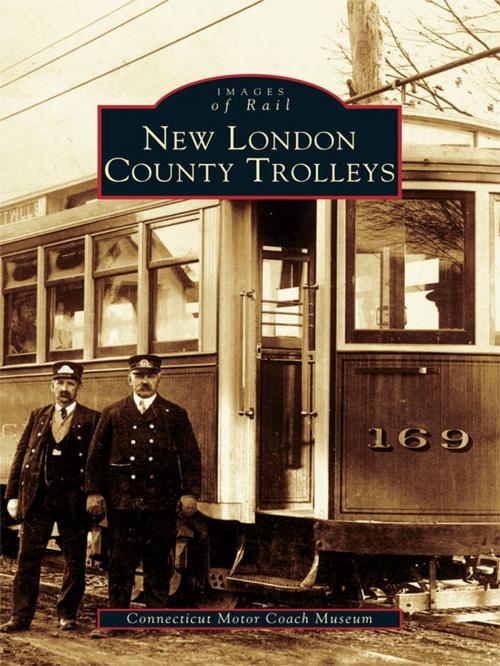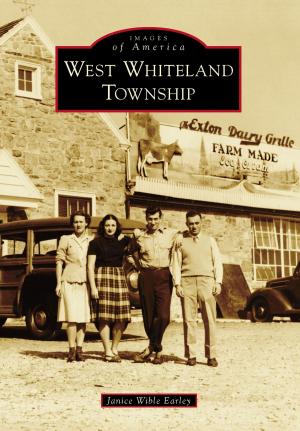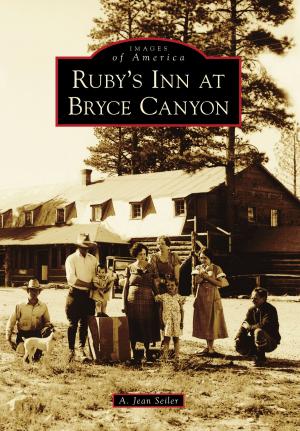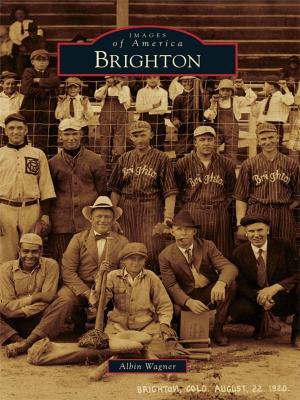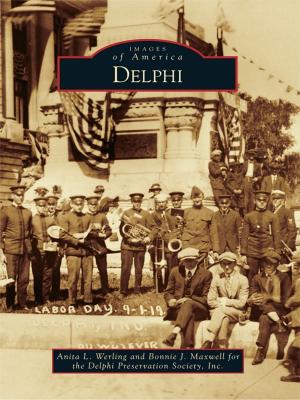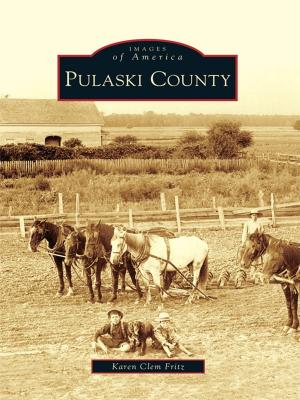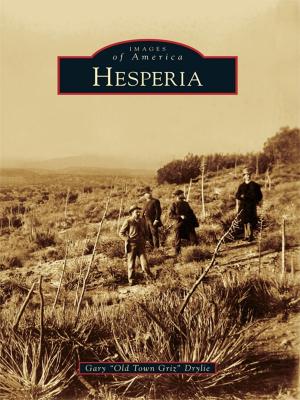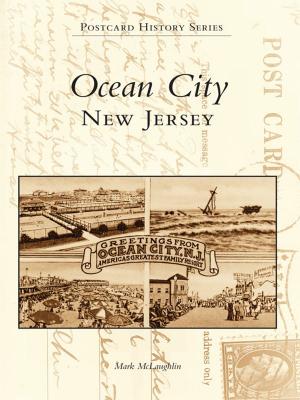New London County Trolleys
Nonfiction, Reference & Language, Transportation, Railroads, History, Art & Architecture, Photography, Pictorials, Travel| Author: | Connecticut Motor Coach Museum | ISBN: | 9781439631898 |
| Publisher: | Arcadia Publishing Inc. | Publication: | April 28, 2004 |
| Imprint: | Arcadia Publishing | Language: | English |
| Author: | Connecticut Motor Coach Museum |
| ISBN: | 9781439631898 |
| Publisher: | Arcadia Publishing Inc. |
| Publication: | April 28, 2004 |
| Imprint: | Arcadia Publishing |
| Language: | English |
Railroads were instrumental to the growth of industry in America. Streetcar systems branched off from railroad lines, extending transportation to urban and rural areas not otherwise accessible. The expansion of the trolley system in New London County also revitalized industry in the area. By the 1860s, the number of farms in Connecticut had begun to decline, and the need for reliable, reasonable transportation to towns and cities increased. The Norwich Horse Railroad, incorporated in 1864, was followed by various other trolley companies, including the Norwich Street Railway Company, the New London Horse Railroad, the New London Street Railway, and the Montville Horse Railway. Trolley transportation was finally electrified in 1889, fueling the expansion of trolley networks in Norwich and New London. The increase in trolley service allowed the textile industry to grow by expanding access to a sufficient workforce. The system also worked in reverse, enabling city dwellers to escape to the country for outings.
Railroads were instrumental to the growth of industry in America. Streetcar systems branched off from railroad lines, extending transportation to urban and rural areas not otherwise accessible. The expansion of the trolley system in New London County also revitalized industry in the area. By the 1860s, the number of farms in Connecticut had begun to decline, and the need for reliable, reasonable transportation to towns and cities increased. The Norwich Horse Railroad, incorporated in 1864, was followed by various other trolley companies, including the Norwich Street Railway Company, the New London Horse Railroad, the New London Street Railway, and the Montville Horse Railway. Trolley transportation was finally electrified in 1889, fueling the expansion of trolley networks in Norwich and New London. The increase in trolley service allowed the textile industry to grow by expanding access to a sufficient workforce. The system also worked in reverse, enabling city dwellers to escape to the country for outings.
